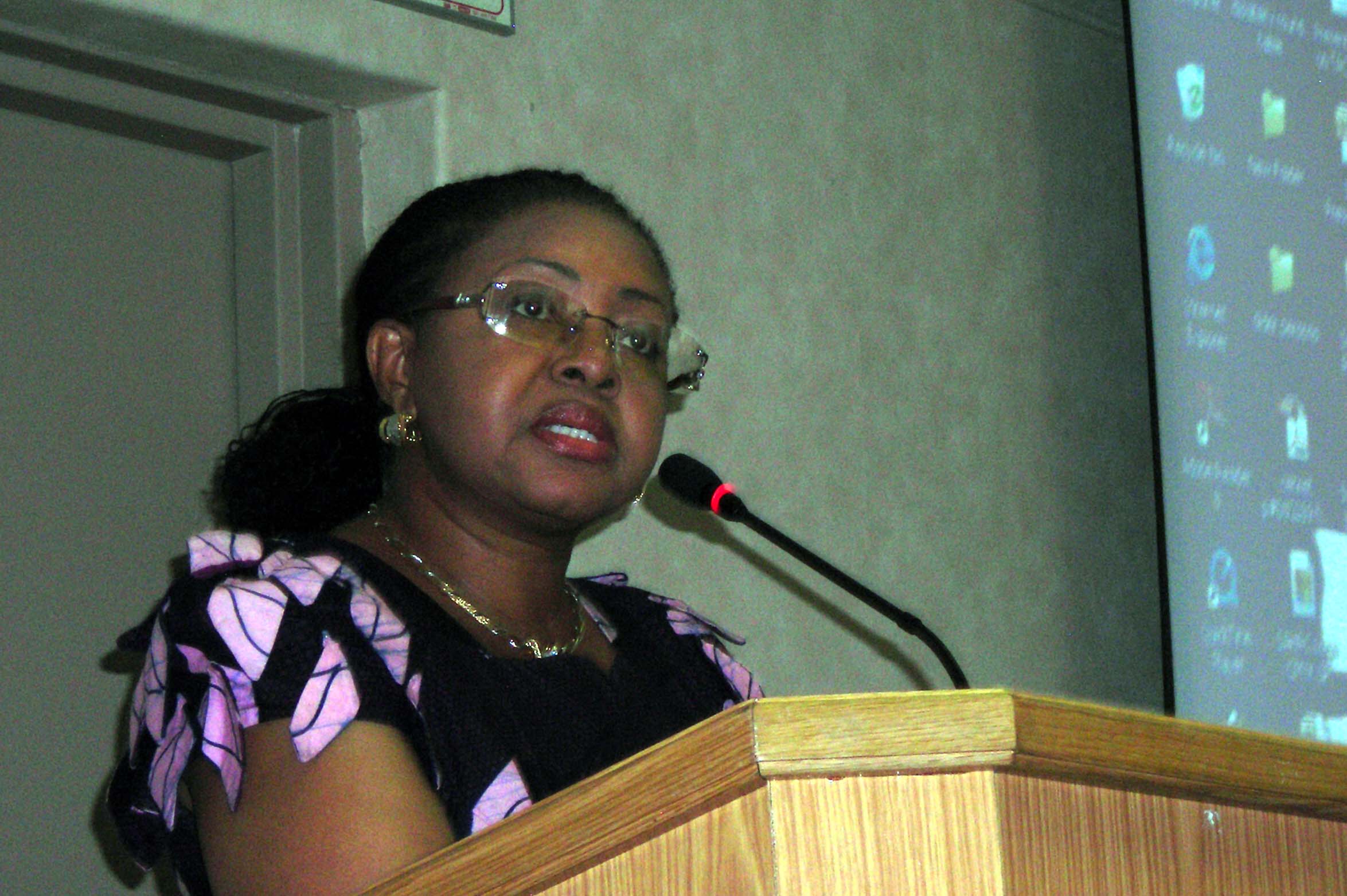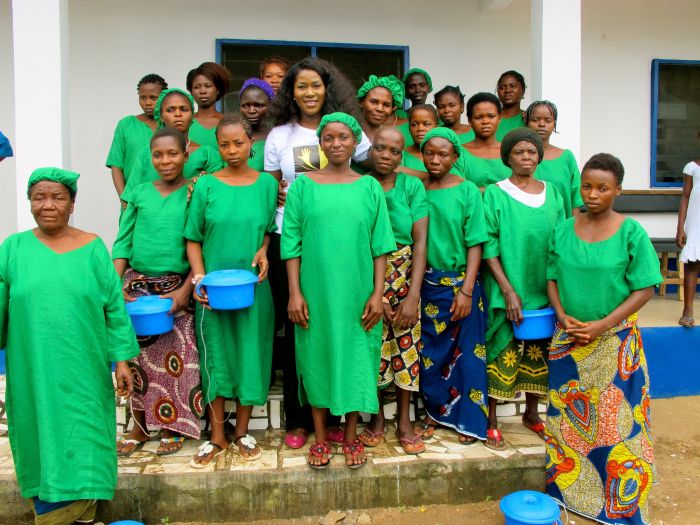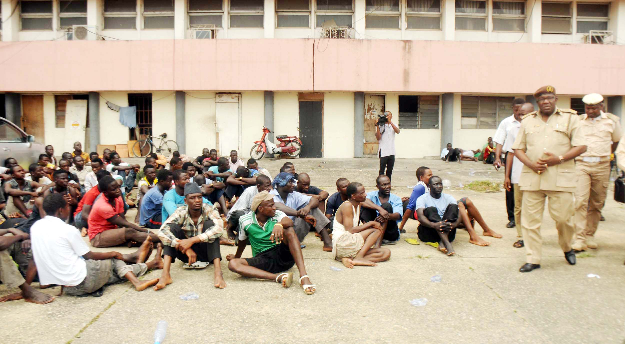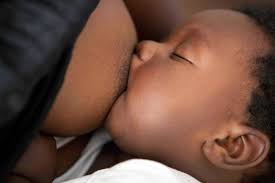Oby Nwankwo, the coordinator, National Coalition on Affirmative Action (NCAA), said the Gender and Equal Opportunity Bill recently rejected by the national assembly was not in conflict with the 1999 constitution.
Nwankwo stated this at the tribunal on women’s right to political participation in Nigeria, a forum for testimonies of human and women’s right abuses on Wednesday in Abuja.
She said one of the issues raised against the bill was that some of its provisions were in direct conflict with customs and religions of some communities and the Nigerian constitution.
She said “I want to clarify here that the provisions of the bill are not in conflict with Nigeria’s 1999 constitutional provisions, rather, it amplifies it, including Section 42 which prohibits sex discrimination.
Advertisement
“The bill also amplifies Section 21 which upholds the preservation of cultures that enhance human dignity and is consistent with freedom, equality and justice.
“Accordingly, the bill reinforces the complementary and not competitive relations between men and women to be achieved through equal opportunities, mutual respect and common benefits to both,” she said.
Nwankwo said the bill would not take away family headship from men as it only advocated for shared responsibilities in family life and equal opportunities to access, contribute and seek redress.
Advertisement
She explained that the bill would go a long way in eliminating cultural practices like early or forced marriages, female circumcision and disinheritance which were inimical to women and girl-child development.
According to her, the bill has so far been passed in five states of Imo, Anambra, Kogi, Plateau and Ekiti, urging the public to take time to read all the documents on the bill.
The coordinator said that the tribunal, which was organised by the Civil Resource Development and Documentation Centre (CIRDDOC), would consist of three panels.
The panels according to her will include panel on women in politics, panel on violence against women in politics and strategy panel on gender and equal opportunities bill.
Advertisement
“It will consist of personal testimonies of women who have been in the field, as well as experience sharing by female politicians generally.
“A panel of judges will declare a verdict at the end of the proceedings and the verdict usually consists of condemnation of bad practices and recommendations for improvement,” she said.
Add a comment






